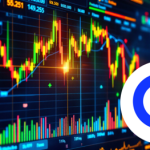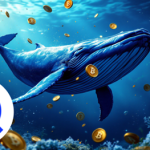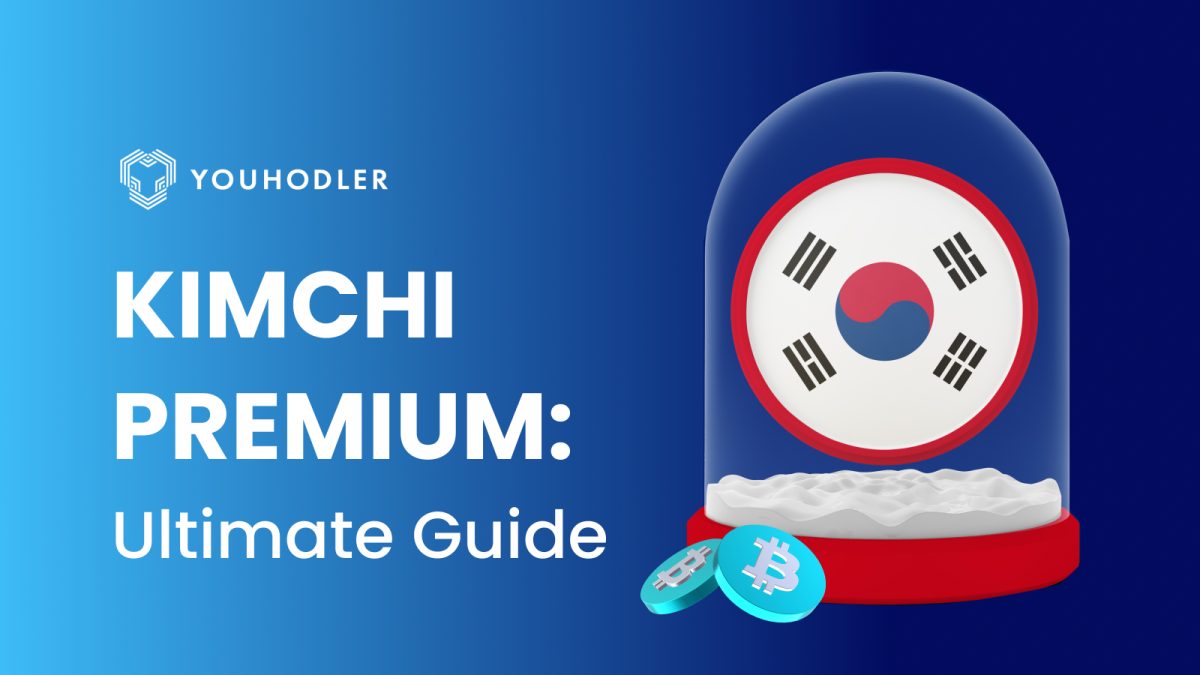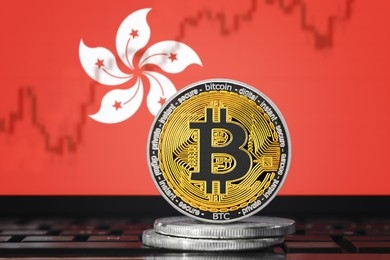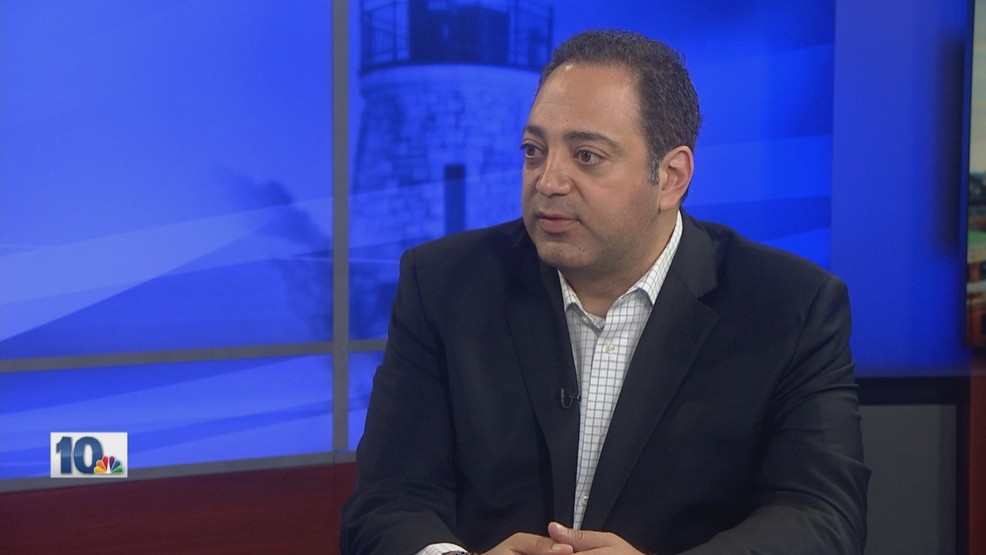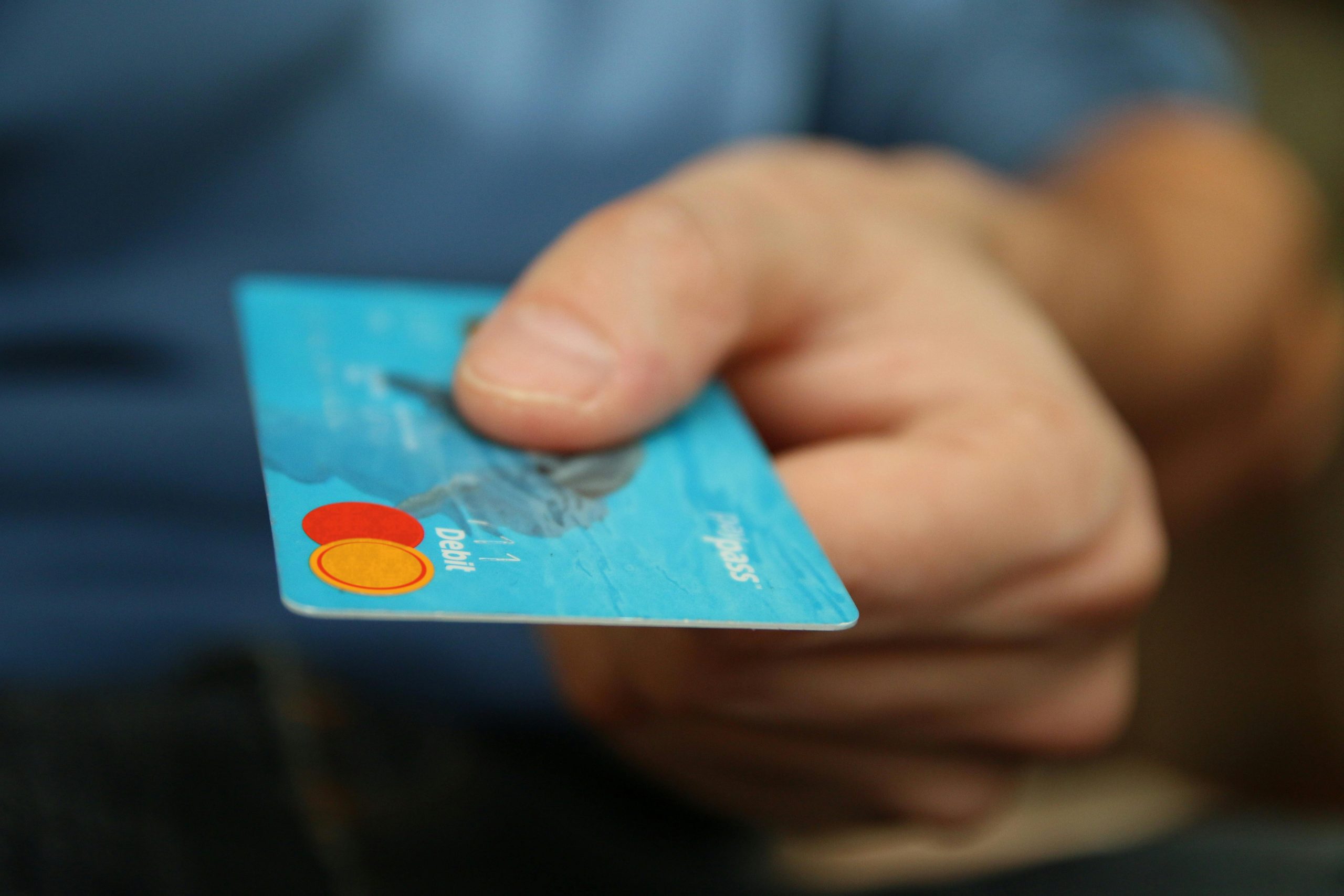South Korea’s kimchi premium is an alluring arbitrage opportunity for traders everywhere – but it might not last. In past years, Bitcoin prices in South Korea have been much higher compared to the rest of the world. This allowed traders everywhere to turn a hefty profit at virtually no risk.
Whether you’re a beginner or an expert crypto trader, risk-free arbitrage trading is a lucrative strategy. You just need to know how to use it. In this detailed guide, we’ll explain what the kimchi premium is, its history, and its benefits present-day.
What is the Kimchi Premium?

The kimchi premium describes boosted prices of cryptocurrencies in South Korea’s exchange. A “premium” in crypto is when the crypto market price is higher than its net asset value (NAV). Traders jokingly named it after one of South Korea’s most popular fermented side dishes, kimchi.
Cryptocurrencies trade higher in South Korea as a result of delays in moving money in and out of the dollar. The backlog in demand temporarily raises the Bitcoin price and other cryptocurrencies. These delays are mostly due to South Korea’s capital controls and financial regulations. The country’s high interest in gambling and new technology also led them to embrace digital currencies like Bitcoin.
Banks and regulatory agencies restrict the country’s cash flow. This makes it hard for South Korean traders to close the gap in prices. While the regulations keep South Korea’s economy stable, they also make transactions tedious for South Korean traders. For foreign traders, the kimchi premium creates profitable and low-risk arbitrage opportunities. It’s also long-lasting compared to other arbitrage openings.
History of the Kimchi Premium
The beginning
The kimchi premium first began in 2016 with a difference in prices of 4.8%, according to a report by the University of Calgary. The difference became significant in late 2017 when Bitcoin prices soared 30%. This trend continued on its upward trajectory until 2018. Bitcoin prices reached a 55% increase in South Korea in January of that year.
History of the kimchi premium: 2018
In 2018, the kimchi premium nearly disappeared. South Korea announced it would restrict crypto trading more heavily, rocking the market. Before this, South Korean Bitcoin exchanges charged around 4.7% more than those in the U.S.
History of the kimchi premium: 2021
2021 was an especially volatile year for the kimchi premium. Prices dropped to -6% in February, rose until April at 22%, and then collapsed again. The market in South Korea continued to fluctuate, but it has started to flip.
The kimchi premium today
In early 2023, the kimchi premium turned into a kimchi discount. It has stayed at a negative price difference (around -0.24%) since late 2022. However, as of today, Bitcoin is trading at $22,369 on Coinbase (and other foreign exchanges). Meanwhile, Bitcoin trades at $22,924 on the Korean exchange Bithumb. This is about a 2.48% difference in price.
The premium isn’t huge but is a sign of changing market sentiments. South Korea now has strict crypto regulations. The country’s Information Security Management System certification alone ended more than half of the nation’s crypto exchanges. These regulations were in part spurred on by recent crypto events. This includes the multibillion-dollar collapse of the South Korean crypto platform Terra.
However, the renewed kimchi discount offers new arbitrage trading opportunities. Many South Korean traders are still embracing crypto despite the new regulations. The decentralized currencies are appealing to citizens concerned the government is overstepping. Crypto is also enticing in the face of geopolitical risks from North Korea.
Kimchi Premium example
It is hard to conceptualise the profit traders can make off the kimchi premium. For example, let’s say the kimchi premium rises to an average of 5%, as it was from 2016 to 2018. If Bitcoin is trading at $20,000 in the United States, it would be at $21,000 in South Korea. In this case, you could buy an entire Bitcoin on a United States crypto exchange and then sell it on the South Korean markets for $21,000, making $1,000 in profit.
Keep in mind that the kimchi premium has risen far above 5% in the past – up to 55%. Let’s also take into consideration the flip to a kimchi discount. Though the discount is minimal, it’s still possible to turn a profit.
You would only have to buy from the South Korean market and sell it on a foreign exchange instead. However, due to South Korea’s limitations on crypto, this process would take a trader longer to execute. Experts predict that Bitcoin’s prices will remain volatile in 2023. It’s important to consider all possibilities of arbitrage, whether the kimchi premium rises or dips further into a discount.
What is arbitrage trading?

Arbitrage trading is a strategy that allows traders to buy and sell the same asset for a different price. When markets are inefficient and have different prices for the same (or similar) asset, arbitrage occurs. Traders who spot these inconsistencies and use arbitrage trading are arbitrageurs.
Usually, their buying and selling assets fix the price inconsistency. The higher demand aligns the prices and improves market efficiency, ending the arbitrage. Most arbitrage opportunities are so short, they are easily overlooked. This isn’t possible with the Korean kimchi premium. Its market inefficiencies are due to regulations rather than human error.
Suggested Reading: Everything You Need to Know About Arbitrage Trading
This trading strategy is especially great for traders, as it almost guarantees a risk-free profit. It is completely legal, as it doesn’t exploit anyone. Since the transaction occurs so quickly, there is little risk of sudden price changes. Traders can make a significant profit through several arbitrage moves. Many arbitrageurs also use the help of sophisticated software. These programs automatically detect market price differences and alert traders to them.
Is the kimchi premium legal?
The kimchi premium is not illegal or used for arbitrage trading. However, traders need to be aware of South Korea’s tight foreign exchange laws and regulations. Arbitrage trading with the kimchi premium is slightly more complex. Transactions in and out of South Korea take time, and the country only permits domestic crypto trading. This means you will have to create a new domestic bank account to trade.
Traders have to report all of their foreign exchange transactions exceeding $5,000 to their South Korean bank. Crypto is subject to the country’s ‘Foreign Trade Act’ and the ‘Customs Law’. There are also anti-money laundering laws preventing the trading of any illegal crypto. As long as you comply with all these regulations, you can use the kimchi premium as an arbitrage trader.
How do you take advantage of the Kimchi premium on YouHodler?
Crypto traders can easily buy Bitcoin (BTC) on YouHodler using fiat, stablecoins or via crypto exchange. You can then withdraw that BTC to a South Korean exchange and take advantage of the Kimchi Premium or Kimchi Discount, depending on the market situation.
Just click the button below to buy your Bitcoin today.
Disclaimer: “The content should not be construed as investment advice and does not constitute any offer or solicitation to offer or recommendation of any investment product. It is made available to you for information and/or education purposes only.
You should take independent investment advice from a professional in connection with, or independently research and verify any information that you find in the article and wish to rely upon.”


